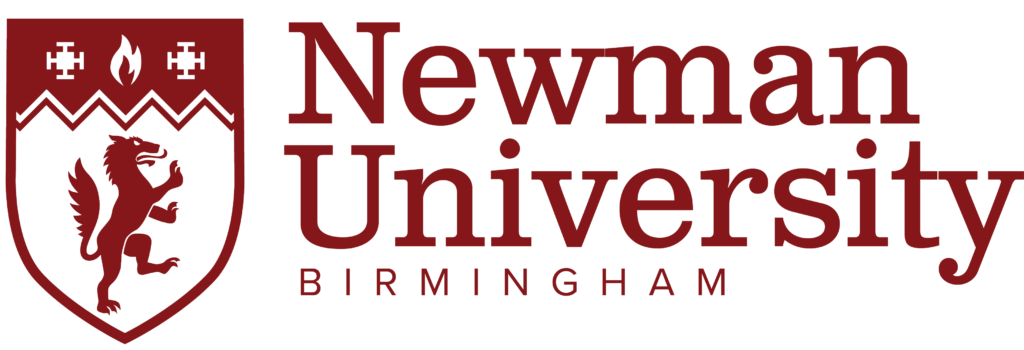BA (Hons) Counselling, Mental Health and Wellbeing with Foundation Year

Course Feature
Class Description

FSB offers an innovative foundation year to complement our undergraduate degrees. Our Foundation Year is the first year of a four-year degree. Completion of the Foundation Year leads into the first year of the 3-year degree in Counselling, Mental Health and Wellbeing.
The foundation year provides an alternative route to an undergraduate degree for those unable to meet the traditional entry requirements for a three-year degree and for those looking to build their confidence and academic skills.
The BA (Hons) Counselling, Mental Health and Wellbeing degree is designed to offer students the opportunity to learn about a wide range of theories within counselling, mental health and psychological wellbeing, whilst enhancing employability in the field of mental health and wellbeing.
Why study this course?
Students on the BA (Hons) Counselling, Mental Health and Wellbeing degree gain an in-depth understanding of counselling theory and its application in working in a variety of settings, along with the acquisition of a range of listening and communication skills.
Whilst it must be emphasised that this course does not provide professional counselling training and that graduates will not be qualified as counsellors, it does provide an excellent basis for postgraduate training as a counsellor or psychotherapist.
Students will develop their counselling knowledge and skills by studying a module on each of the main counselling approaches used in the UK: Humanistic, Psychodynamic and Cognitive Behavioural Therapy (CBT), alongside Counselling Skills 1 and then Counselling Skills 2 modules.
The programme will develop graduates who are familiar with and able to critically analyse concepts around professional judgement and risk in working ethically with others.
Students will develop key transferable skills necessary for employment including the exercise of initiative and personal responsibility, self-awareness and personal growth, decision-making in complex and unpredictable contexts, and the learning ability needed to undertake appropriate further training of a professional within the mental health profession or equivalent.
What does the course cover?
The study of Counselling, Mental Health and Wellbeing begins with a focus on humanistic counselling approaches and skills. Key to the first year of study is the development of sound academic skills, research literacy and reflective practice, developed through the study of a module on helping professions and academic practice. Students will develop their listening and counselling skills through a Counselling Skills 1 module, alongside studying modules on ethical and social issues in counselling, human development and psychodynamic counselling.
In the second year, students will take a compulsory work placement and gain a deeper understanding of research methods, developing the skills and knowledge to prepare them to engage ethically and effectively in their own research or work-based projects.
Students will continue to develop their counselling knowledge and skills by studying modules on CBT, mental health wellbeing and distress, and lifestyle and well-being. Students will further develop their listening and counselling skills through a Counselling Skills 2 module.
In the final year, module options are intended to broaden and deepen critical thinking around counselling, mental health and wellbeing and the use of counselling skills in specific contexts, preparing students for employment or further study. Students have a choice of studying modules in working with addictions, bereavement and loss, coaching and mentoring, and therapeutic approaches to supporting children and families. There is also the option of studying a module on mindfulness-based approaches or applied CBT. Both of these modules will enhance students’ employability in psychological well-being posts and post-graduate training in CBT.
Students will also have a choice to study a dissertation, a literature-based research project or a work-based research project.
How will I be assessed?
The course uses a variety of assessments to help develop a range of different skills including essays, portfolios, commentaries, summaries, presentations, case studies, critical evaluations, reflections, digital resources, educative resources, learning statements, reflexive statements, summary statements, exam, quiz, counselling skills practice and recordings and commentaries, research report and proposal, research dissertation, project, literature-based research and poster presentation.
Assessments are designed to introduce and develop both academic and practice-related skills.
Modules
Year 0
- Education and Society
- Degree Tutor Group 1
- Being Human in a Digital World
- Degree Tutor Group 2
Year 1
- Counselling Professions and Academic Practice
- Human Development
- Humanistic Counselling
- Counselling Skills 1
- Introduction to Work-Related Learning
- Ethical and Social Issues in the Counselling Professions
- Psychodynamic Counselling
Year 2
- Research in Counselling
- Work Related Learning
- Mental health: well-being and distress
- CBT Counselling Theory and Skills
- Counselling Skills 2
- Lifestyle and Wellbeing
Year 3
- Counselling Studies Dissertation (Optional)
- Counselling Studies Literature Review with systematic methodology and narrative synthesis (Optional)
- Negotiated Work-Based Research Project (Optional)
- Therapeutic approaches to supporting children and families
- Mindfulness-Based Approaches to Wellbeing
- Bereavement and Loss
- Coaching and Mentoring
- Applied CBT
- Working with Addictions
Entry Requirements
TBC
PLEASE GET IN TOUCH WITH OUR ADMISSIONS TEAM FOR MORE INFORMATION.
Find out more: admissions@fairfield.ac
